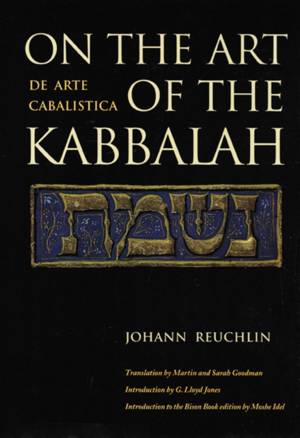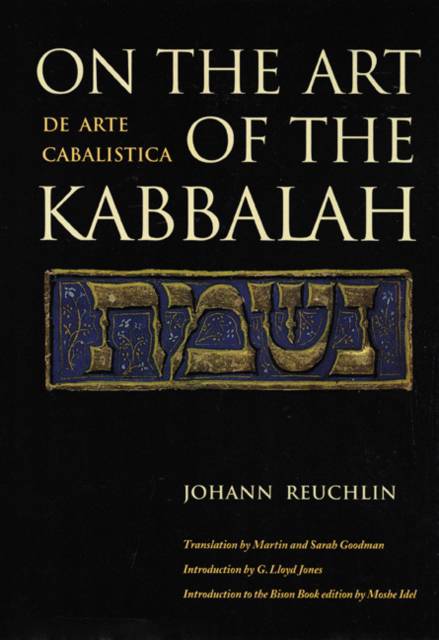
- Retrait gratuit dans votre magasin Club
- 7.000.000 titres dans notre catalogue
- Payer en toute sécurité
- Toujours un magasin près de chez vous
- Retrait gratuit dans votre magasin Club
- 7.000.000 titres dans notre catalogue
- Payer en toute sécurité
- Toujours un magasin près de chez vous
61,45 €
+ 122 points
Description
Reuchlin's keen interest in Jewish mysticism resulted in the original publication of this work in 1517. The first part of this dialogue reflects on messianism, the second part on the relation of the Pythagorean system to the Kabbalah, and the third on the "practical Kabbalah." The German humanist Johann Reuchlin (1455-1522) defended the value of Jewish scholarship and literature when it was unwise and unpopular to do so. As G. Lloyd Jones points out, "A marked mistrust of the Jews had developed among Christian scholars during the later Middle Ages. It was claimed that the rabbis had purposely falsified the text of the Old Testament and given erroneous explanations of passages which were capable of a christological interpretation." Christian scholars most certainly did not advocate learning the Hebrew language. Reuchlin was exceptional in pursuing and promoting Hebrew studies, believing that a working knowledge of that language was essential for a true appreciation of the Bible and rabbinic literature. Refusing to join Christian contemporaries who wished to destroy the Kabbalah and the Talmud, he spoke out against ignorance. Christians could have a useful dialogue with Jews if they gained a thorough knowledge of the writings of Jewish exegetes and philosophers. Toward that end he proposed university endowments that aroused the fury of opponents and led to the famous "battle of the books." Reuchlin's keen interest in Jewish mysticism resulted in the publication of De arte cabalistica in 1517. The first part of this dialogue reflects on messianism, the second part on the relation of the Pythagorean system to the Kabbalah, and tdhe third on the "practical Kabbalah." According to Jones, "Reuchlin demonstrates how Christians can make profitable use of Jewish mystical writings, and therefore shares with the reader his understanding of the art of the Kabbalah." That art will reach more readers in this modern English-language translation by Martin and Sarah Goodman. It reinforces the historical importance of the man who prevented the destruction of Jewish books and anticipated the more liberal climate of the Reformation.
Spécifications
Parties prenantes
- Auteur(s) :
- Editeur:
Contenu
- Nombre de pages :
- 408
- Langue:
- Anglais
Caractéristiques
- EAN:
- 9780803289468
- Date de parution :
- 01-11-93
- Format:
- Livre broché
- Format numérique:
- Trade paperback (VS)
- Dimensions :
- 152 mm x 228 mm
- Poids :
- 512 g







